Published in 2018 by The Rosen Publishing Group, Inc.
29 East 21st Street, New York, NY 10010
Copyright 2018 by The Rosen Publishing Group, Inc.
First Edition
All rights reserved. No part of this book may be reproduced in any form without permission in writing from the publisher, except by a reviewer.
Library of Congress Cataloging-in-Publication Data
Names: Landau, Jennifer, 1961- editor.
Title: Teens talk about anxiety and depression / edited by Jennifer Landau.
Description: New York : Rosen Publishing, 2018. | Series: Teen voices: real teens discuss real problems | Includes bibliographical references and index. | Audience: Grades 7-12.
Identifiers: LCCN 2017014691| ISBN 9781508176473 (library bound) | ISBN 9781508176558 (pbk.) | ISBN 9781508176312 (6 pack)
Subjects: LCSH: Anxiety in adolescenceJuvenile literature. | Depression in adolescenceJuvenile literature.
Classification: LCC RJ506.A58 L36 2018 | DDC 616.85/2700835 dc23 LC record available at https://lccn.loc.gov/2017014691
Manufactured in the United States of America
The content in this title has been compiled from The Rosen Publishing Groups Teen Health & Wellness digital platform. Additional original content was provided by Adam Furgang.
Contents
CHAPTER ONE:
A BRIEF HISTORY OF RACISM
CHAPTER TWO:
THE STRUGGLE FOR CIVIL RIGHTS AND RACIALEQUALITY IN THE UNITED STATES
CHAPTER THREE:
LEGAL PROTECTIONS AGAINSTRACIAL DISCRIMINATION
CHAPTER FOUR:
SPOTTING AND ADDRESSING OVERTRACIAL DISCRIMINATION
M any teenagers suffer from anxiety and depression. However, they are often unable to understand their exact causes. Anxiety and depression are complex issues. Anxiety is generally defined as a feeling of worry or nervousness. In the field of psychiatry, anxiety is characterized as a nervous disorder that can result in panic attacks or self-destructive behaviors. Depression, in turn, is when a person is overcome with feelings of sadness. This sadness may be accompanied by a loss of interest in activities that he or she once found enjoyable. In clinical depression, these feelings of sadness last for a prolonged period of time.
Anxiety and depression can be caused by many factors. A persons confidence can fade when puberty hits and his or her body begins to change. This physical change can often be accompanied by uncomfortable and awkward feelings. Other issues with identity, especially sexual or gender identity, can also affect teens, making them feel confused or repressed, leading to anxiety or depression.
Another major contributor to stress, anxiety, and depression is expectations from adults, including parents, teachers, and coaches. Teens also must deal with the expectations they set for themselves. When their expectations for high grades, popularity, confidence, or independence dont match their reality, teens may feel less in control of their lives and disappointed in themselves.
Anxiety can also stem from new and stressful experiences. Moving to a new part of the country, a new town, or even just starting in a new school can be enough to make anyone nervous. Other common stressors include fears of big crowds or participation in team sports. People who are introverted and prefer to do solo activities such as writing or making art might feel a crippling nervousness when having to pursue something that requires talking in public or interacting with crowds. The simple tasks of trying out to be a cheerleader or auditioning for a role in a school play may seem impossible to someone who suffers from anxiety. Even when friends and family support a teens desire to try out for a sports team or go to a party, he or she may still feel unable to muster the courage needed to go after these goals.
.jpg)
Many teenagers experience anxiety or depression because of changes in their families, such as a divorce or separation between their parents or the loss of a loved one. According to the Childhood Domestic Violence Association, one in seven children will experience domestic violence at home. Children exposed to domestic violence are at greater risk for experiencing anxiety or becoming depressed.
One of the worst parts of anxiety and depression is that telling friends about these uncomfortable feelings might seem out of the question. When trying to talk to teachers or adults, the words might come out tangled or the subtleties of what is being expressed might get lost. It may feel like adults never seem to get it. If this is the case for you, know that you are not alone.
Share your Story
The stories you are about to read were submitted by your peers to the Teen Health & Wellness Personal Story Project. Sharing stories is a powerful way to connect with other people. By sharing your story, you can connect with others who are dealing with these challenges. Find more information about how to submit your own story at the end of this resource.
While the specifics of any teens situation are unique, the anxiety or depression one may be suffering as a result are not. According to the National Institute of Mental Health (NIMH), 12.5 percent of US teenagers between the ages of twelve and seventeen experienced at least one depressive episode in 2015. Furthermore, 25.1 percent of teenagers aged thirteen to eighteen experience anxiety.
While anxiety and depression are both entirely normal, if they start affecting a persons daily life and routines, they could be a more serious problem. Finding positive, rather than destructive, coping mechanisms can be very helpful. Opening up about your experiences with anxiety and depression can also be freeing. You will find that many others have shared similar experiences as you.
M any things can contribute to anxiety at home or at school. According to a 2017 article in the arysville Globe, three students from Mountain View High School in Marysville, Washington, surveyed fellow students and found that as many as 88 percent of them were dealing with anxiety-related issues. Academics, especially homework-related pressures, factored heavily in their reports about anxiety.
.jpg)
Social media can also add to a teens anxiety. FOMO, or fear of missing out, is an anxiety that someone has that something fun is happening somewhere else. It can be fueled by teens addictive need to constantly check social media so they wont miss anything. The widespread use of mobile devices makes it easier to avoid face-to-face communication. According to a 2015 report by Common Sense Media, teens can spend as many as nine hours a day with various forms of media or devices. When those face-to-face peer interactions do take place, they can be stressful because teens have less experience in social situations. But interacting with other people, no matter how uncomfortable you might feel, is important and allows for valuable social skills to develop.



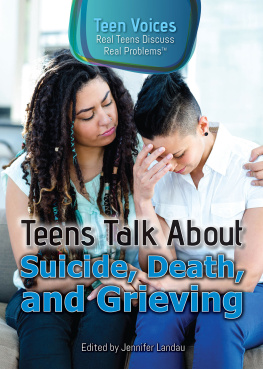
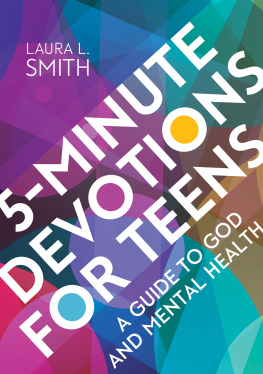
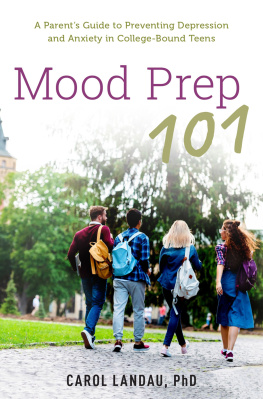
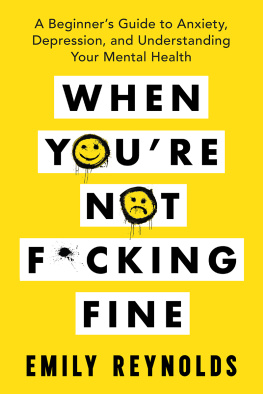
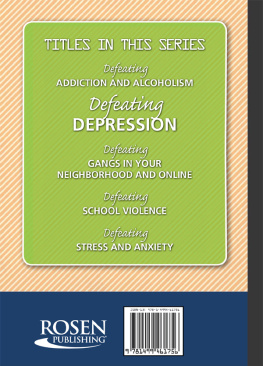




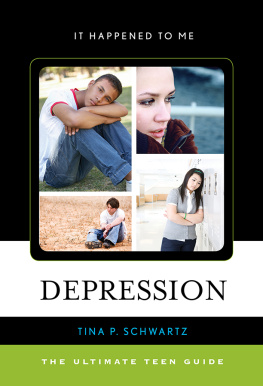
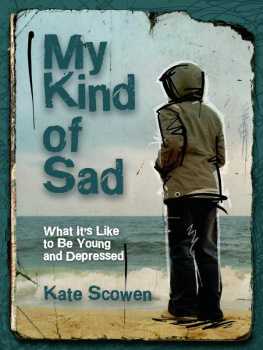
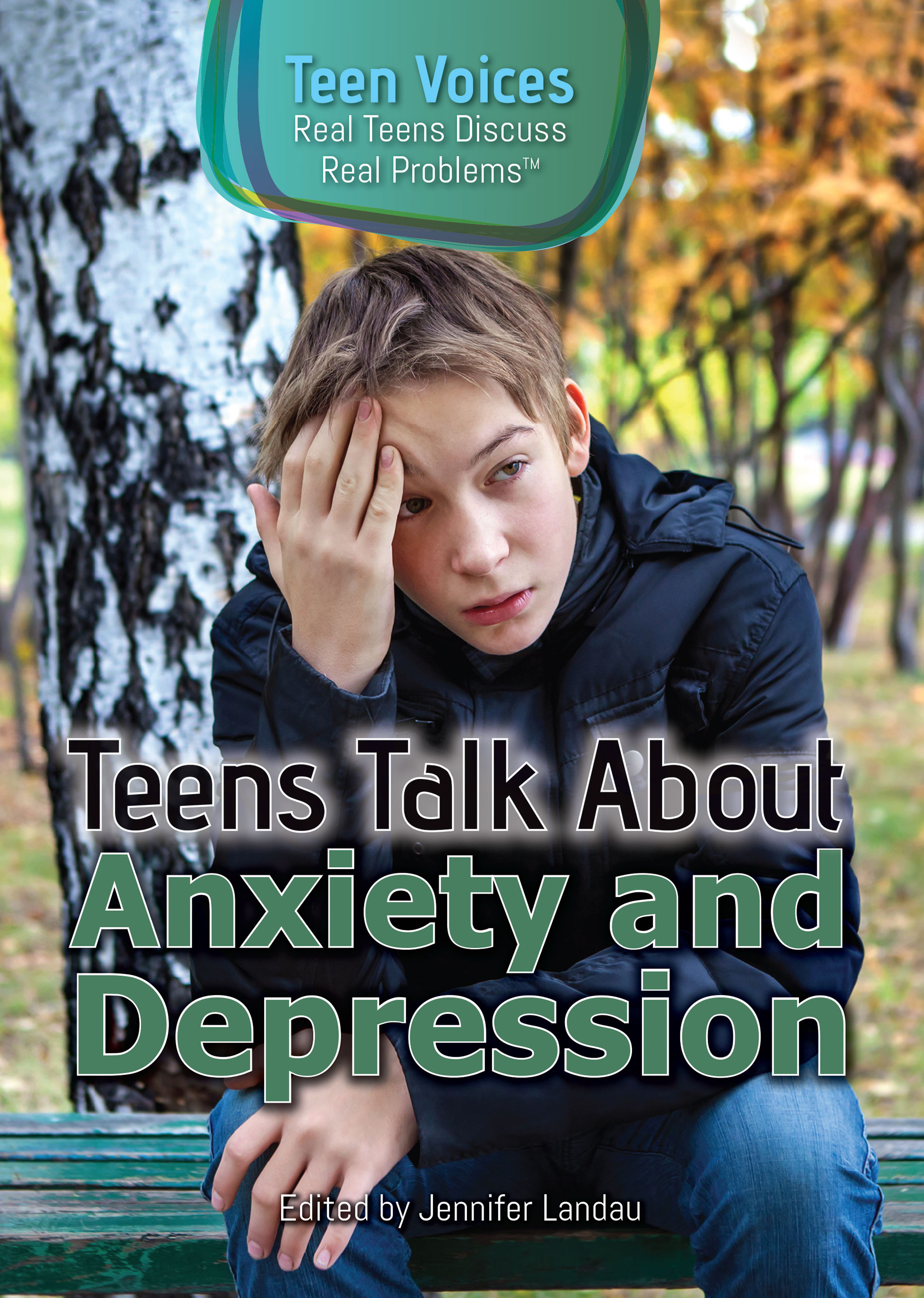


.jpg)
.jpg)
.jpg)
.jpg)